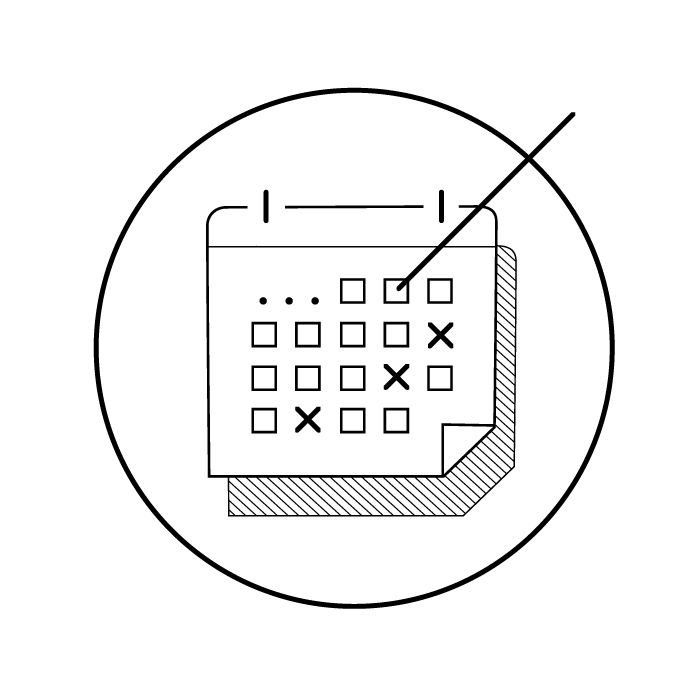 Conference
Conference
Intelligence in World History, c. 1500–1918
Conference
6–8 February 2014
Organizers: Christopher Andrew (Cambridge), Andreas Gestrich (London), Tobias Graf (Heidelberg), Daniel Larsen (Cambridge), Sönke Neitzel (London)
Venue: German Historical Institute London
For a long time, the history of intelligence has been a poor relation to the study of international relations as well as political history. On the whole, historians have tended to pay relatively little attention to the kinds of information at the disposal of those who made decisions about war and peace and even less to the methods by which such decision-makers acquired the intelligence which underpinned the decisions they took. Yet few would question that it did matter what decision-makers knew about the world which they reacted to, shaped, and attempted to control. This state of affairs has begun to change in recent years, not only in the context of twentieth-century intelligence, where a greater interest in intelligence services is being fuelled by the release of previously classified documents, but also in the period before 1900. Unfortunately, the dialogue between early modernists and modernists in this context is virtually non-existent.
The conference will bring together selected experts on the history of politics, diplomacy, communication, and the military specializing in any period between 1500 and 1918. Against the background of the explosion in intelligence activity, evident particularly in the creation of bureaucratic apparatuses dedicated to intelligence, beginning on the eve of the First World War, this period currently appears as what one might somewhat provocatively refer to as the ‘long’ early modern period of intelligence services.
Through this exchange we hope to gain new insights into how different political actors — sovereign states as well as state-like entities and even non-state actors — engaged in the business of intelligence and what impact this engagement had on policy making, warfare, diplomatic negotiations, and the emergence of certain institutions such as dedicated intelligence services.
Conference programme (PDF file)
Conference report (PDF file), published in: GHIL Bulletin 26 (2014), Vol 2